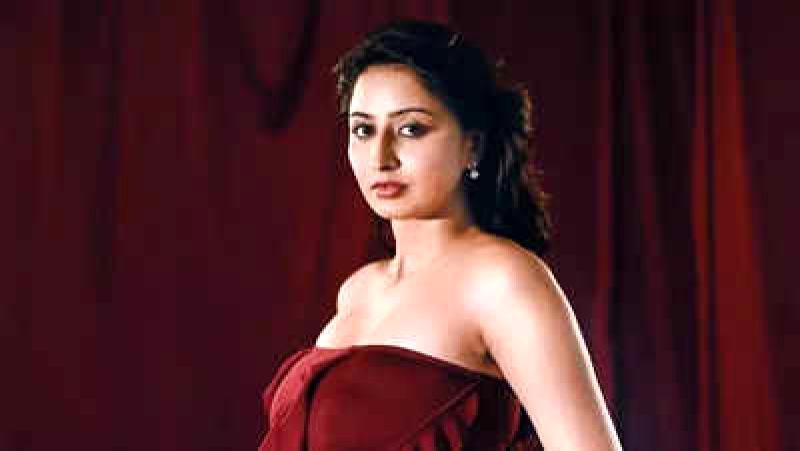
In the Kannada film industry, women who are portrayed as 'sheroes' on screen are still grappling for their place and voice off-screen. Despite the recognition and praise for their on-screen performances, costumes, makeup, and hairstyles, women working behind the scenes are facing challenges, including inadequate facilities like washrooms on film sets. Gender pay disparity is also a pressing issue. Over the past decade, there has been a significant increase in the number of women working on film sets, from stylists to choreographers to cinematographers. However, the industry infrastructure mostly caters to men, with inclusivity still a debatable topic.
Everyday sexism remains a common experience for these women in the industry. While some adapt to the prevailing norms in the hope of a better future, others have chosen to leave mainstream roles and work independently. Female technicians, like makeup artists, face challenges due to a patriarchal system that favors male-dominated associations and practices. Despite the demand for specific female makeup artists by lead actresses, these professionals often have to work alongside male colleagues assigned by the association, resulting in unequal pay and uncomfortable work dynamics on set.Actresses like Vydurya Lokesh and make-up artistes are often limited to smaller projects, according to a screenplay writer. When sharing scripts with producers, the first question is usually whether the film is centered around women. There is a common misconception that women can only handle low-budget or non-commercial films, limiting them to certain genres. Some producers even suggest adding a male director's name for a female director's project to attract audiences. Gender biases are evident in the industry, with instances of unequal treatment in payment for services. Reforms are needed to address these issues from the ground up. Screenwriter and associate director, Manasa Sharma, emphasizes the need for a change in the industry to meet basic needs for women professionals. Stylists, like Tejaswini Anjan Kumar, face challenges such as lack of access to basic facilities while on set, and are often viewed as demanding for requesting necessities. Despite incremental progress towards inclusivity in the industry, there is still a lack of support for women professionals in meeting their basic needs."We require an increase in the representation of female voices in the industry, particularly for voiceover artists. Women face a noticeable disparity in terms of dialogue opportunities in films, leading to reduced work for female dubbing artists compared to their male counterparts. The lack of women-centric films and solo songs featuring female singers further emphasizes the need for more diverse female voices on screen."











